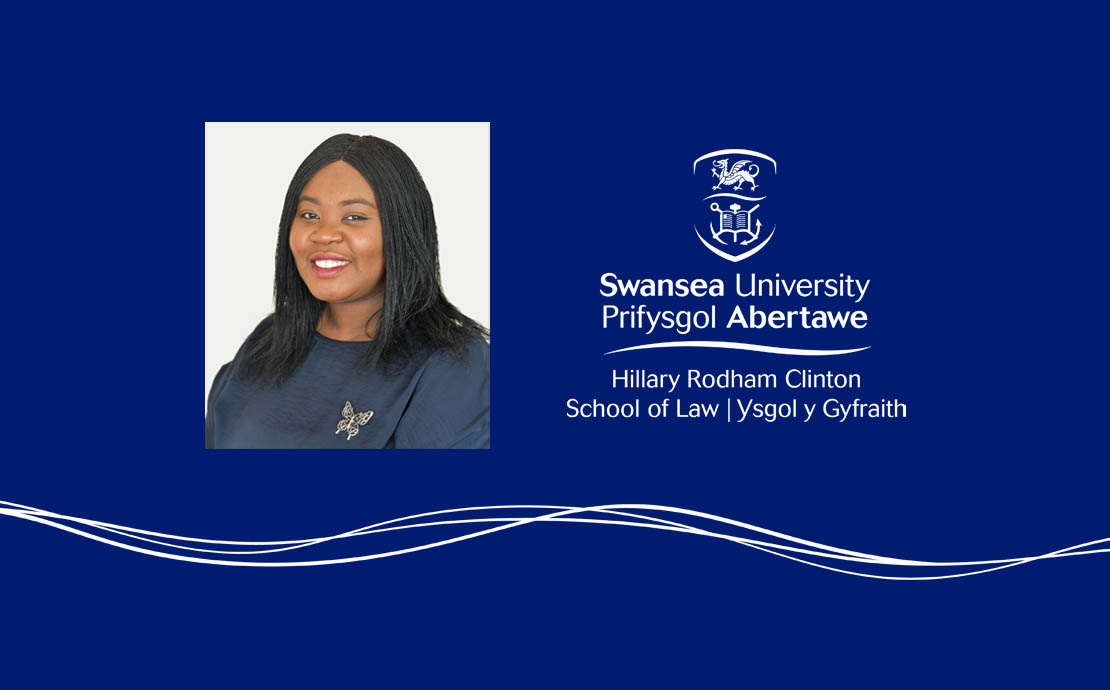
At Swansea we offer a contemporary and practical legal education, especially at taught master’s level. We are delighted to announce that as of 2020-21 we will be offering a new module, IP, Innovation and Law.
This new module can be taken by students studying on our LLM in International Commercial Law, LLM in International Commercial and Maritime Law, LLM in International Trade Law and of course the LLM in Intellectual Property and Commercial Practice.
The module studies the impact of emerging technologies on law and the legal regulation of technology. It focuses on the relationship between law, creative outputs, innovation and emerging technologies, and explores how contemporary legal doctrines address the effects of technologies. As technology continues to permeate all aspects of our lives, especially commercial activities, legal authorities have gotten more interested in asserting authority and regulation.
Therefore, the module provides an introduction to the nature and significance of creative efforts in terms of technology, commercial interests and the law. It examines the legal protection afforded to creative outputs in cyberspace and the legal dimension of technological innovations such as Blockchain technology.
This module will be taught by Dr Nnenna Ifeanyi-Ajufo. Dr Ifeanyi-Ajufo is a lawyer and academic specialising in law and technology. For years, she has taught information technology law, international law and intellectual property law, and has supervised research in those areas.
Before joining Swansea, she was a law lecturer at Lancaster University’s Ghana Campus, where she taught cybercrime, intellectual property law and law of tort. She holds a Bachelor’s Degree in Law (LLB), LLM in International Information Technology Law and LLD in International Law. She also holds a Postgraduate Certificate in International Academic Practice, and recently completed a Master’s Degree in African Studies.
She has attended various courses with academic credits, including courses offered by the World Intellectual Property Organisation (WIPO) and the World Trade Organisation. She was a recipient of the 1st WIPO Fellowship for Teachers of Intellectual Property in Africa. Her research interests focus on human rights and technology, digital rights, cybercrime and law in cyberspace, and she has written for a range of academic journals and media publications.
She is passionate about an increasingly developing discourse on ‘international cyber-criminal law’ within the international criminal law field. She presently serves as the Vice-Chair of the African Union Cyber Security Experts Group (AUCSEG); an advisory body to the African Union Commission (AUC) on cyber security in the African Region. In that role, she has been effectively involved in advising the AUC on existing international, regional and national legal frameworks related to cybersecurity and cybercrime.
